In recent years, the marketing industry has been undergoing a significant transformation, thanks to the rapid advancements in technology. One of the most exciting developments is the rise of generative artificial intelligence (AI), a field that promises to revolutionize marketing strategies and campaigns. Generative AI is a subset of artificial intelligence that focuses on creating content, such as text, images, and videos, using machine learning models. In this blog, we will explore the current state of generative AI and its potential to reshape the marketing landscape.
Generative AI: An Overview
Generative AI, short for Generative Artificial Intelligence, is a subset of artificial intelligence that focuses on creating content, such as text, images, or even videos, using machine learning models. Unlike traditional AI systems that are designed for specific tasks, generative AI models are capable of producing content that is both novel and coherent. These models are trained on vast datasets and can generate content that resembles human-created work. Let’s delve deeper into the three key categories of generative AI, considering SEO best practices:
Text Generation for Marketing:
Text generation models like GPT-3 and GPT-4 have gained prominence in content creation for SEO optimization. They generate high-quality, human-like text, aiding in the development of engaging blog posts, product descriptions, and social media content that not only captivate readers but also rank well on search engine results pages (SERPs). These AI-generated articles can seamlessly integrate relevant keywords and phrases, ensuring a strong SEO foundation.
Image Generation for Marketing:
Generative Adversarial Networks (GANs) have redefined visual content creation in marketing. GANs produce images and visuals that are virtually indistinguishable from those crafted by human hands. This technology is a goldmine for e-commerce and digital advertising. AI-generated images can be tailored for product listings, allowing marketers to showcase products from multiple angles, in different contexts, and with various styles. These images can be tailored for SEO by incorporating alt text and image descriptions, enhancing accessibility and search engine rankings.
Video Generation for Marketing:
The realm of video marketing is also set to be transformed by generative AI. AI models can create realistic video content that seamlessly blends with marketing campaigns. Videos generated by AI can provide valuable tutorials, product demonstrations, and creative advertisements. Incorporating SEO principles into video titles, descriptions, and tags can significantly boost visibility on platforms like YouTube, a search engine in itself. Leveraging generative AI for video scripts can ensure content remains not only engaging but also optimized for SEO, resulting in higher organic traffic and brand visibility.
Also Read: “Reshaping E-commerce: Personalized Shopping Experiences with Generative AI in the US “
The Current State of Generative AI
Generative AI continues to serve as a driving force behind innovation across multiple sectors. In this article, we will delve into the contemporary landscape of generative AI and its profound impact on the marketing industry, specifically how it has reshaped key domains:
Content Creation: Revolutionizing the Written Word
Generative AI, especially text-based models like GPT-3 and its successors, has continued to transform content creation for marketing purposes. These models are now even more proficient in generating blog posts, product descriptions, and ad copy. This has led to a fundamental shift in the content creation process. Marketers can harness the power of AI to generate extensive volumes of text quickly, thereby reducing the time and effort traditionally spent on manual content creation. Moreover, AI-generated content can be seamlessly tailored to match specific SEO strategies, ensuring higher rankings on search engines, an essential aspect of modern digital marketing.
Personalization: The Holy Grail of Marketing
The impact of generative AI on personalization has become increasingly evident. The ability to understand and anticipate individual customer preferences and behaviors has grown more sophisticated. AI-driven personalization is no longer limited to just addressing customers by their first name in email marketing; it’s now about crafting highly personalized recommendations, product suggestions, and even dynamic website content that changes in real-time based on user behavior. This not only fosters stronger customer engagement but also leads to higher conversion rates, as customers are more likely to purchase products and services that align with their interests.
Chatbots: A New Era of Customer Interaction
AI-powered chatbots were already making waves in customer service, and they’ve found an even more prominent role in marketing since 2021. These chatbots have evolved into sophisticated conversational agents that interact with potential customers in real-time, providing information, guiding purchasing decisions, and resolving queries. Their role extends beyond customer support; they’re now integral to marketing strategies. Chatbots can capture leads, qualify prospects, and even initiate personalized marketing campaigns, nurturing prospects along the sales funnel. Furthermore, optimizing chatbots for SEO ensures that the conversational content aligns with search engine algorithms, ultimately boosting online visibility.
Visual Content:Enhancing Creativity and Efficiency
Generative AI has continued to enhance visual content creation, making it an indispensable tool for marketing campaigns. AI-powered image and video generation have become more sophisticated, enabling marketers to create visually compelling and unique content efficiently. The ability to generate custom visuals, including product images and video ads, allows for greater creativity in marketing endeavors. These visuals can be tailored to match brand aesthetics and convey key marketing messages. For SEO, these visuals can be optimized with descriptive alt text, captions, and file names, contributing to better search engine rankings. Furthermore, AI-generated videos are a powerful medium for explaining complex products or services, potentially increasing user engagement and conversions.
The Future of Generative AI in Marketing
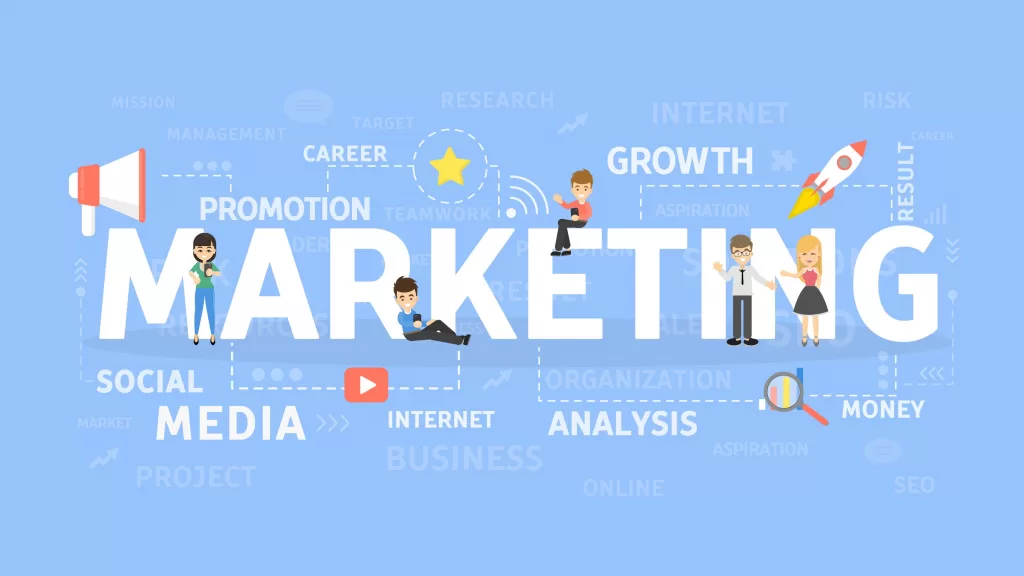
The integration of generative AI into the marketing industry unlocks numerous compelling possibilities, all of which we anticipate will gain even greater prominence in the years ahead:
Hyper-Personalization:
The holy grail of marketing is delivering the right message to the right person at the right time. Generative AI’s ability to analyze vast datasets, including user behavior and preferences, enables marketers to create hyper-personalized content. This means that product recommendations, email marketing, and ad targeting will become incredibly precise. As generative AI refines its understanding of individual consumers, businesses can provide experiences tailored to each customer’s unique preferences and needs. This level of personalization can significantly boost customer engagement and loyalty.
Automated A/B Testing:
A/B testing, a cornerstone of marketing strategy, becomes even more powerful with generative AI. AI can rapidly generate multiple versions of ad copy, visuals, email subject lines, and more, allowing for more comprehensive and efficient A/B testing. Moreover, AI can instantly analyze the performance of these variations, identifying the most effective ones. This process streamlines the refinement of marketing strategies, saves time, and ensures that campaigns are consistently optimized for maximum impact.
Content Scaling:
High-quality content production at scale has always been a challenge in marketing. Generative AI is a game-changer in this regard. It can efficiently generate text, images, and videos, reducing production costs and turnaround times. This means that businesses can maintain a consistent content output across various platforms and marketing channels without compromising on quality. SEO-optimized, AI-generated content can help maintain a strong online presence, attract more organic traffic, and engage a broader audience.
Enhanced Customer Service:
Generative AI-driven chatbots are transforming customer service. AI chatbots offer round-the-clock support, answering customer queries, guiding purchase decisions, and providing personalized recommendations. Integrating SEO practices into chatbot responses improves customer query handling, enhances user experience, and boosts search engine rankings.
Predictive Analytics:
Generative AI’s predictive capabilities will play a crucial role in marketing strategy. By analyzing data from various sources, AI can offer more accurate insights into consumer behavior and trends. Marketers can use this information for campaign planning, product development, and trend anticipation. With the ability to foresee market shifts, businesses can stay one step ahead of the competition and better align their strategies with consumer demands.
Challenges and Ethical Considerations
While the potential of generative AI in marketing is immense, there are also challenges and ethical concerns to address. These include:
Misuse of AI:
Exploiting generated content for disinformation or malicious purposes is a critical concern, emphasizing the necessity to develop safeguards and regulations. In marketing, this heightens the risk of deceptive or spammy content that could adversely affect a brand’s reputation. To address this issue, regulatory bodies and technology companies must collaborate to establish guidelines and actively monitor the use of generative AI, ensuring that it serves legitimate marketing purposes and does not harm consumers.
Data Privacy:
The use of AI for personalization relies heavily on data collection, which in turn raises concerns about privacy and data security. Generative AI often requires significant user data for personalized content, further intensifying apprehensions regarding data breaches and misuse. To address these concerns, marketers should implement robust data privacy measures, adhere to regulations such as GDPR, and maintain transparency in data collection and utilization throughout their marketing campaigns. By underscoring the significance of data protection in their marketing practices, businesses can cultivate trust with their consumers.
Job Displacement:
As AI automates content creation and customer service, there may be concerns about the displacement of human workers. Marketers need to approach this issue with sensitivity, recognizing that while AI can enhance efficiency, human creativity and personal touch are irreplaceable. Businesses should consider upskilling their workforce to work alongside AI, focusing on tasks that require critical thinking, creativity, and empathy. This approach can lead to a symbiotic relationship between AI and human workers, rather than outright displacement.
Ethical AI:
Ensuring AI models produce fair and unbiased content and recommendations is a critical concern to prevent perpetuating harmful stereotypes and biases. Bias in AI-generated content can lead to unintentional discrimination and misrepresentation. Marketers should engage in ongoing oversight and audits of AI systems to identify and correct biases. This proactive approach not only helps mitigate risks but also promotes a positive brand image.
Conclusion
The state of generative AI is rapidly evolving, and its impact on the marketing industry is profound. While challenges and ethical considerations remain, the potential for hyper-personalization, cost-effective content production, and improved customer engagement makes generative AI a powerful tool for marketers. As technology continues to advance, keeping an eye on developments in this field is essential for staying competitive in the dynamic marketing landscape. The marketing industry is on the brink of a transformation, and generative AI will undoubtedly be a key driver in this exciting journey.







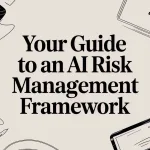
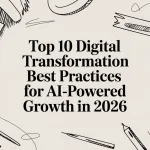
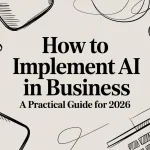
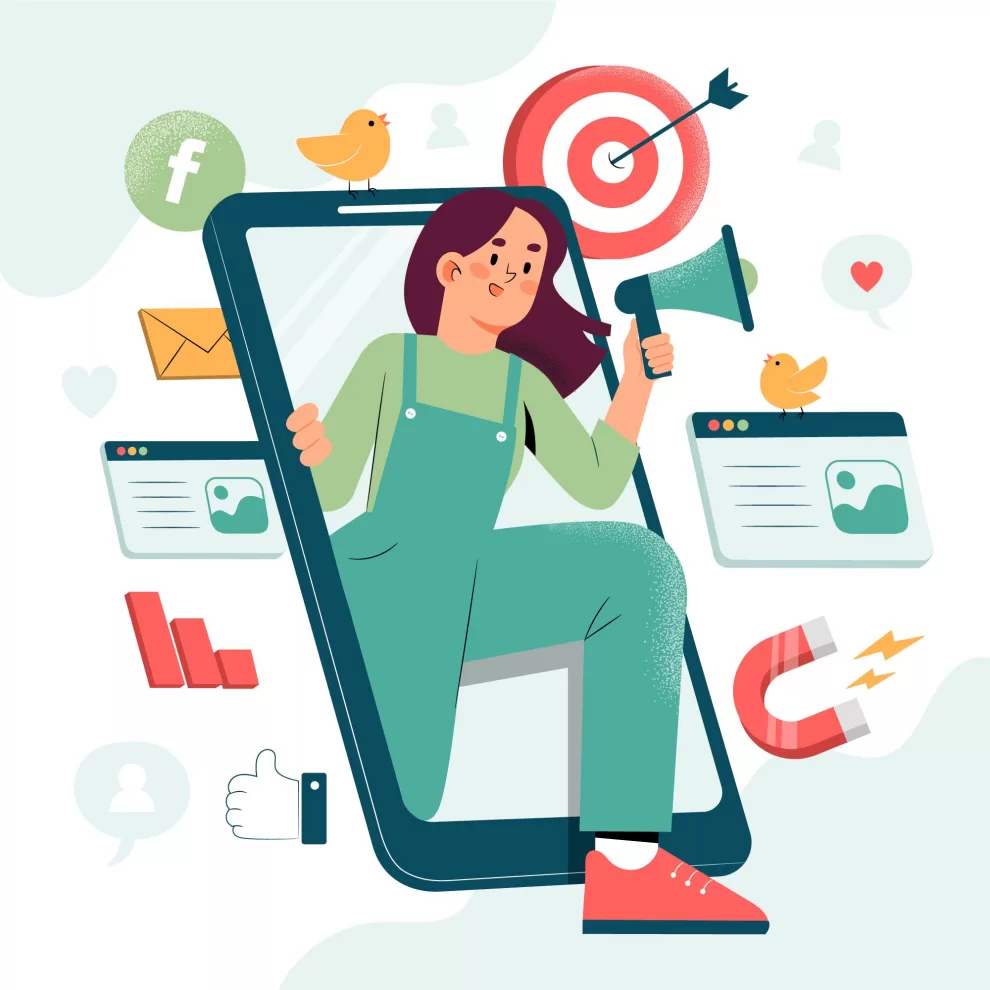
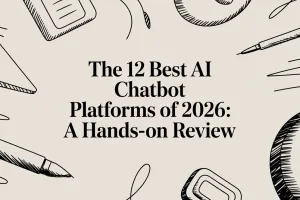










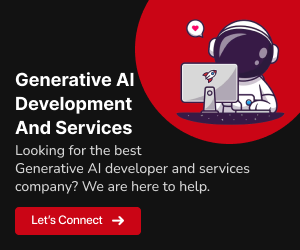



Add Comment